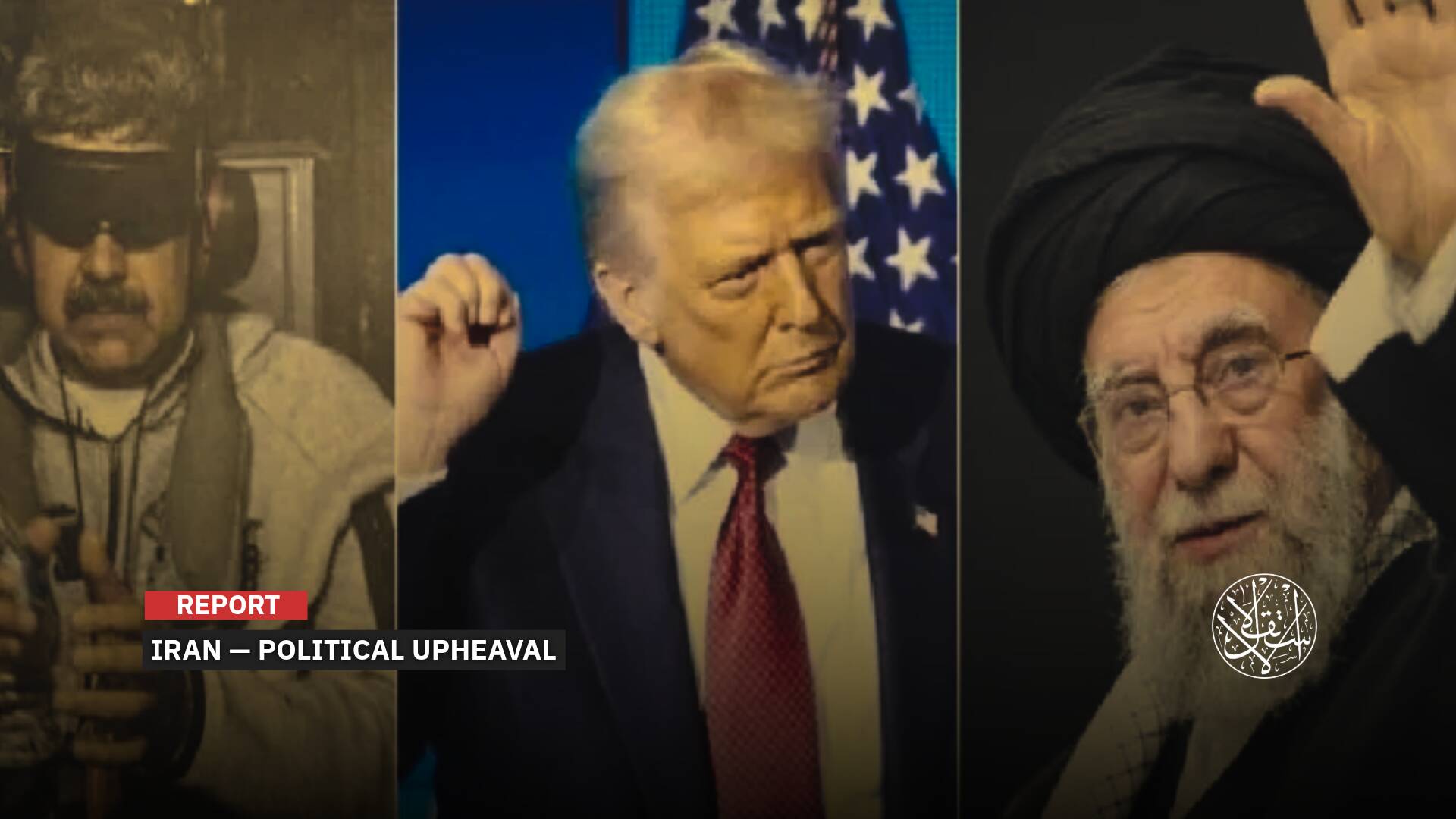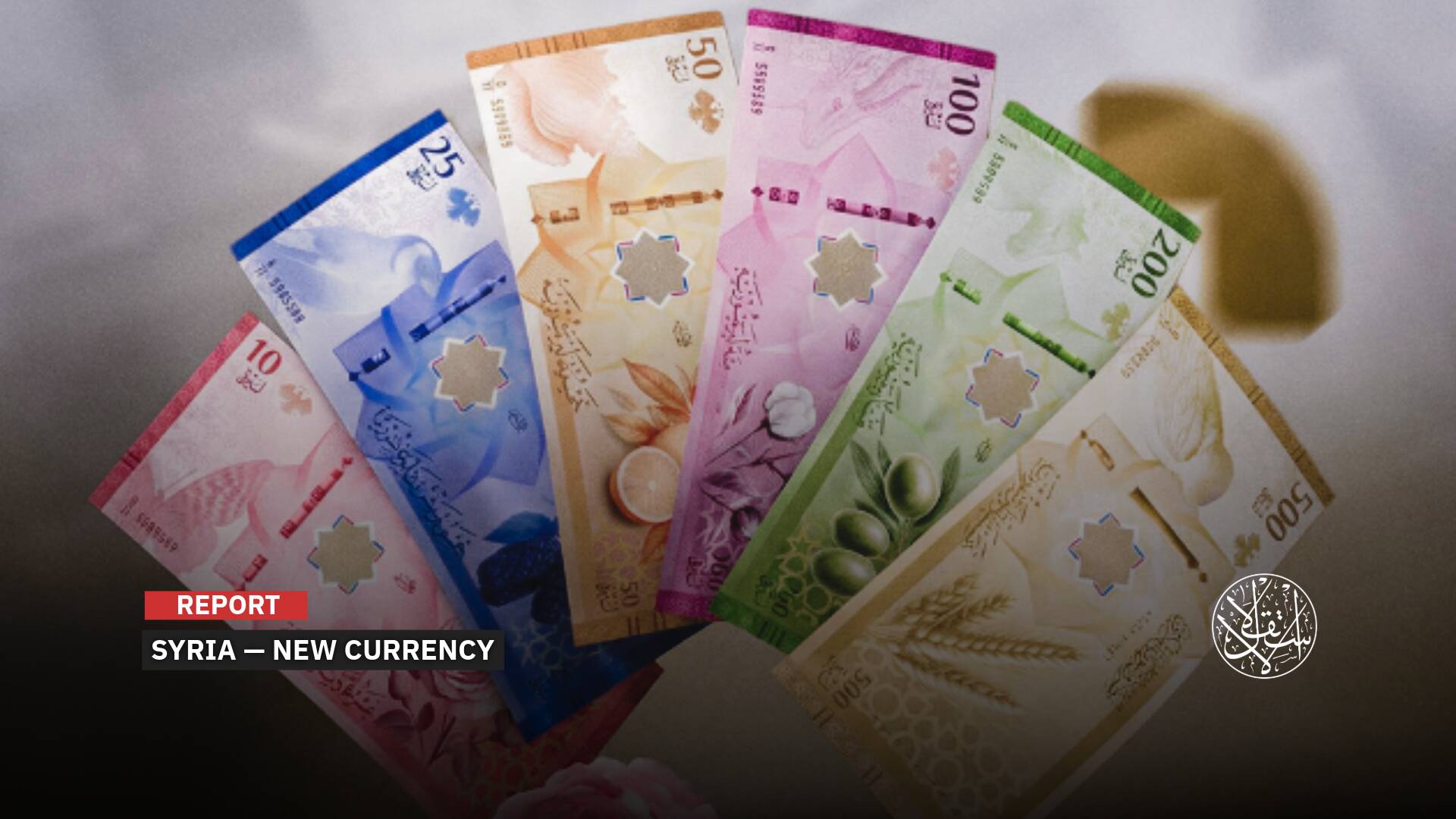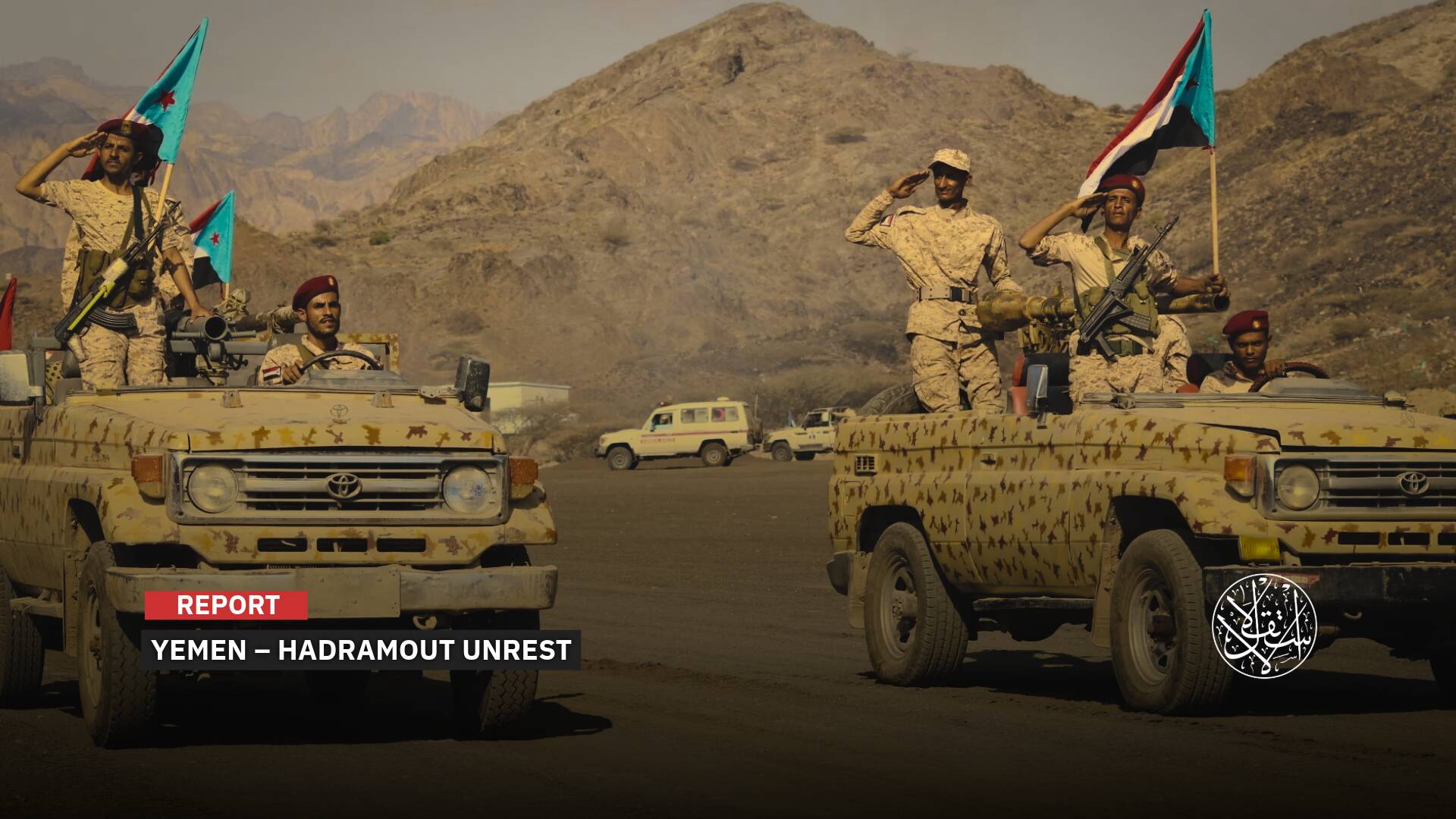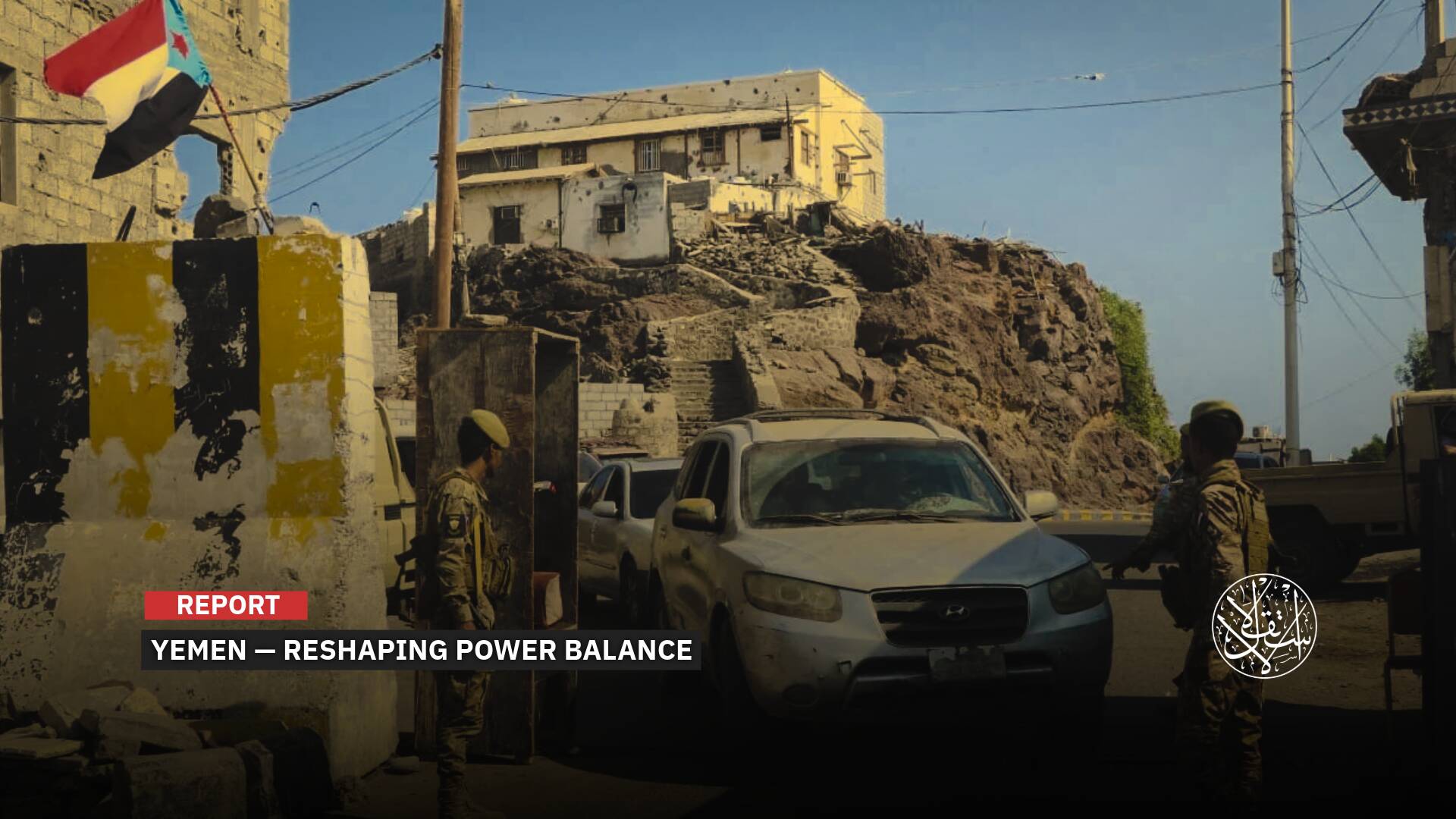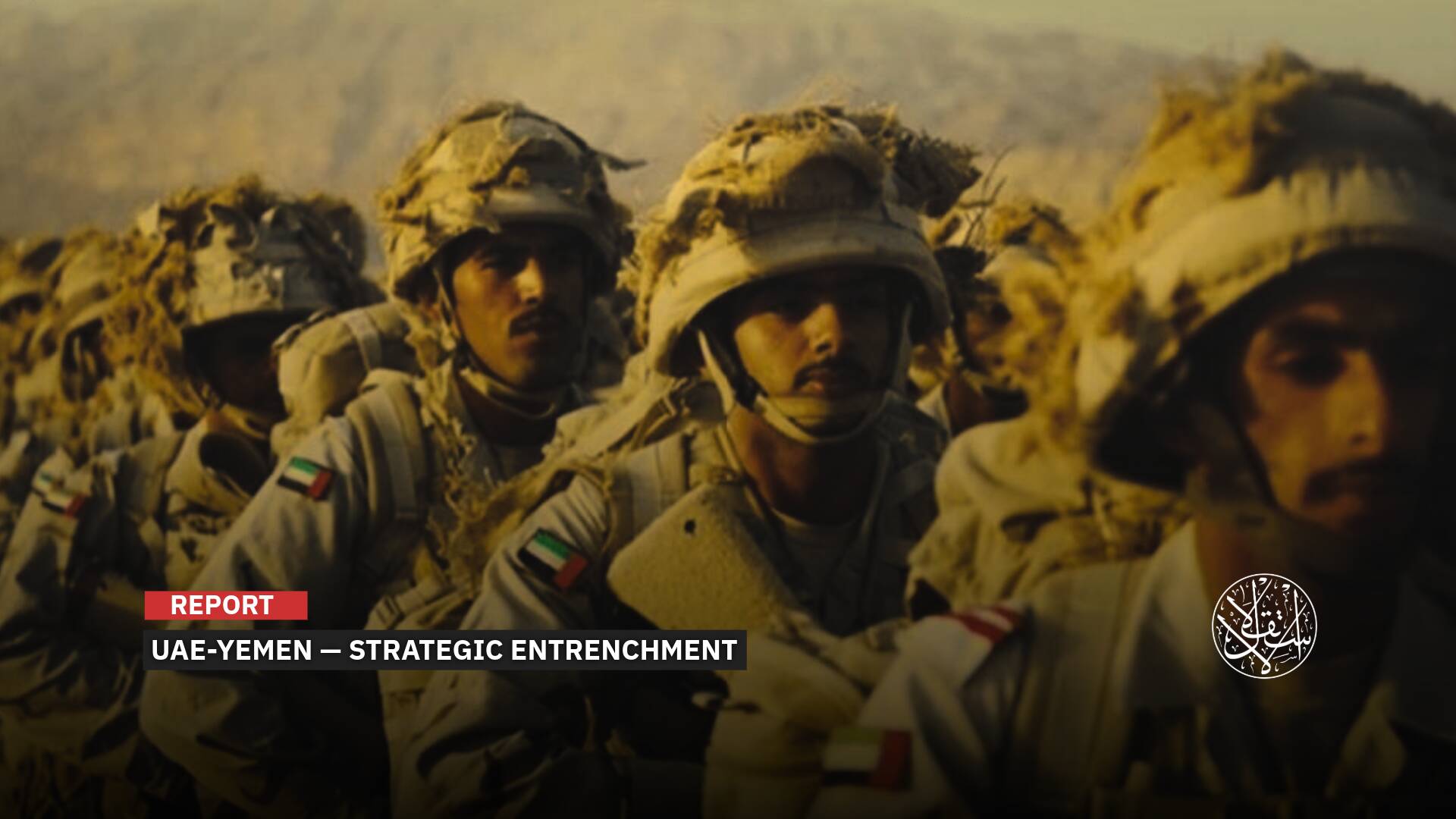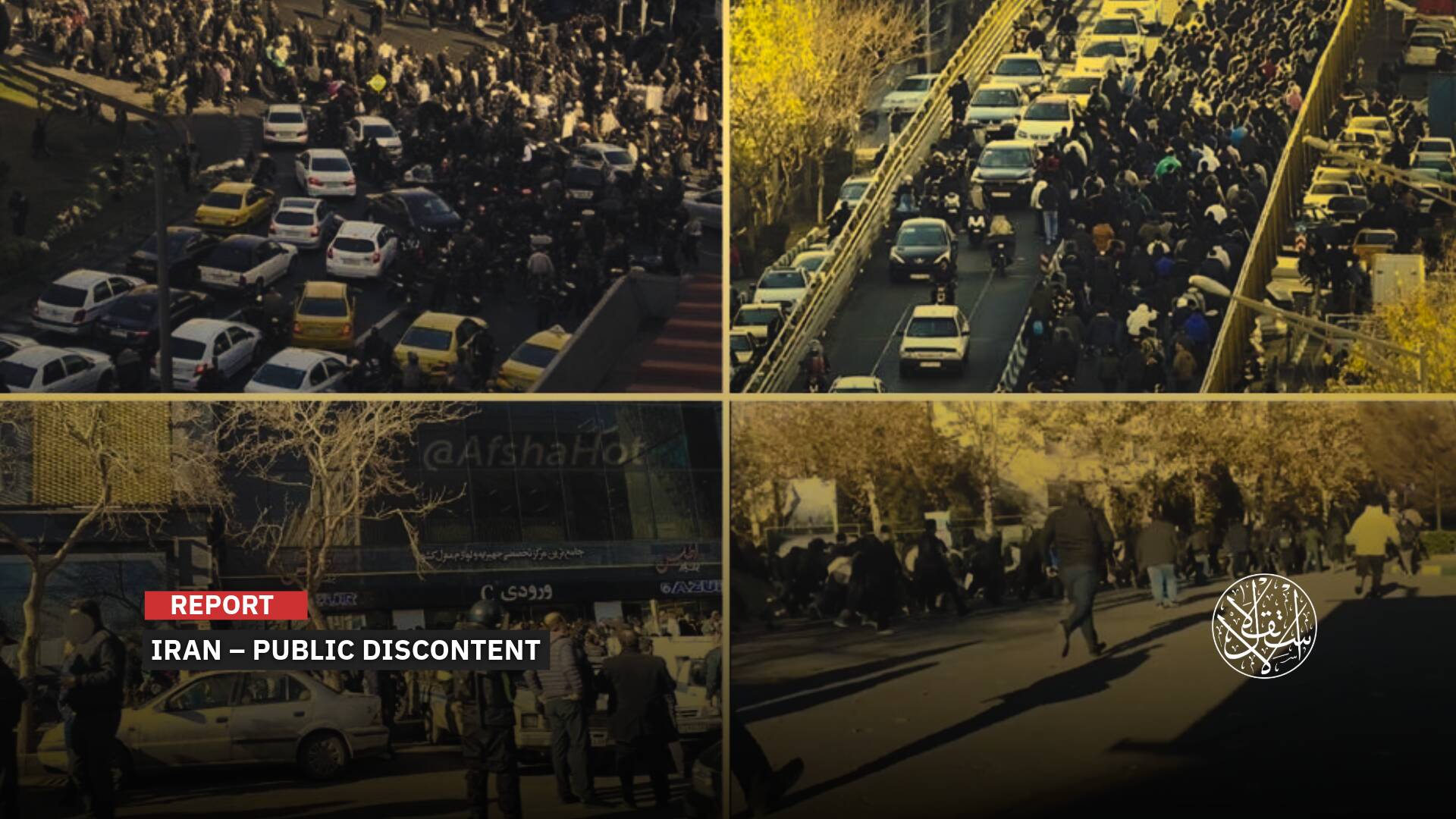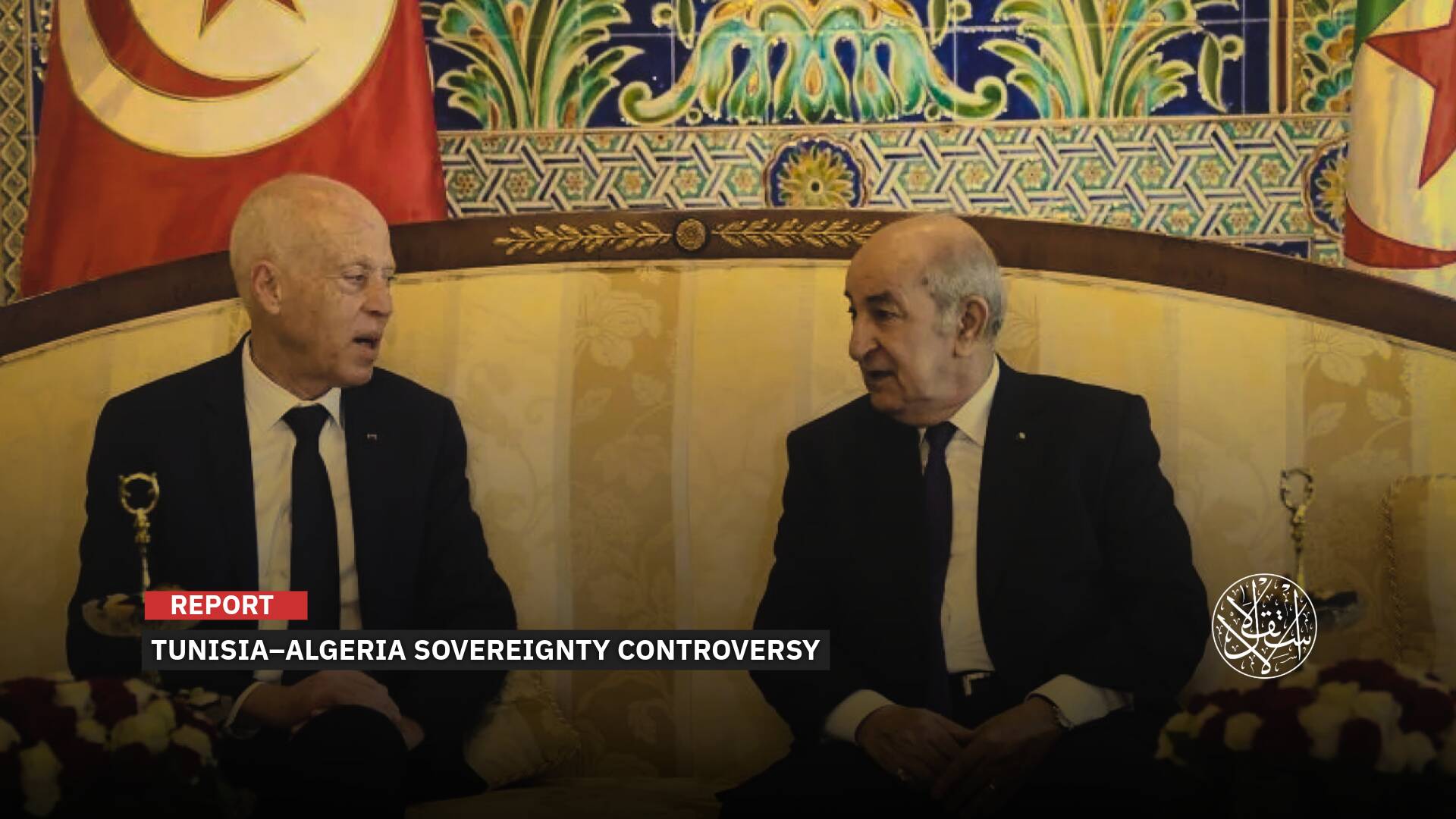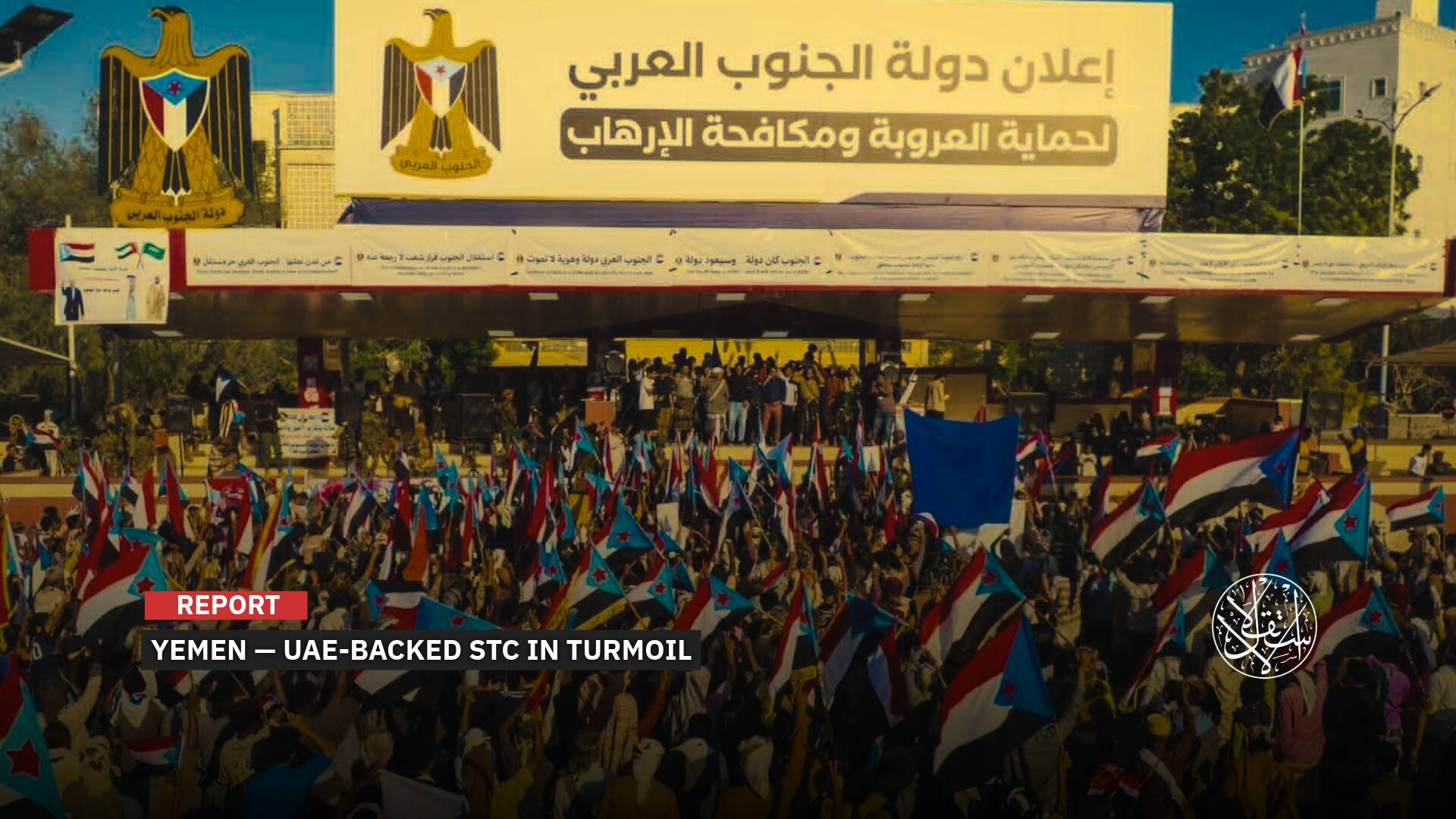Warnings Mount: Will Gulf States Suffer as Israeli Aggression Against Iran Escalates?

“The Gulf, and everyone else, loses in the Israel-Iran war.”
As the Israeli aggression on Iran continues, Gulf countries are increasingly alarmed and calling for calm, especially amid U.S. hints at entering the war.
Officials from the Gulf and foreign reports clearly warn that Gulf states near Tehran could pay a heavy price in the “Israel”-Iran war sparked by the Israeli Occupation on June 13, 2025.
Most assessments suggest that a direct war between “Israel” and Iran would be a lose-lose scenario, putting the entire Gulf region at serious risk.

A Heavy Price to Pay
Qatar’s former Prime Minister Hamad bin Jassim al-Thani warned that the Gulf region is already—and will continue to be—paying a heavy price for the current escalation and the war sparked by the Israeli Occupation’s attacks on Iranian military and civilian sites.
In a tweet on X, he urged Gulf states to press the U.S. to stop the war to avoid its direct and indirect consequences, especially as President Donald Trump makes aggressive statements about possible U.S. involvement.
Al-Thani stressed that it is not in the Gulf’s interest to see Iran collapse, signaling concern over growing Israeli dominance in the region.
He compared the situation to Iraq’s invasion of Kuwait, warning that this war will have deep and lasting effects on the region and possibly the world, where no one truly wins or loses.
An analysis by Semafor on June 17 highlighted that “the Gulf, and everyone else, loses in the Israel-Iran war” with risks ranging from nuclear contamination and the closure of the strategic Strait of Hormuz to severe economic fallout from a prolonged conflict.
Saudi Arabia and most Gulf and Arab countries have condemned Israeli attacks, fearing the crisis will destabilize the region further by crossing many red lines.
The Washington Post reported on June 17, 2025, that while Gulf states want to stay out of the fighting, they fear the war escalating or U.S. intervention and retaliation on American bases and oil fields in the region.
Tehran may respond with harsher measures, like closing the vital Strait of Hormuz or attacking U.S. bases in the Gulf if it feels its survival is threatened.
This growing conflict has sparked widespread fear across the Gulf, fueled by memories of past brutal wars and anxiety about further escalation.
“We have been working for years to avert such a showdown, because we will be the ultimate victims,” said Bader al-Saif, a professor of history at Kuwait University, who described a sense of panic in the region as supermarket aisles started to empty and social media lit up with talk of bomb shelters.
“If America is wise, rational, and prioritizes the interests of all in the region, it will not get involved and will force Israel to stop,” Hamoud Abu Talib wrote Monday in the Saudi daily Okaz.
If the United States was “lured in,” he added, “we will enter a phase worse than any the region has ever experienced.”
Meanwhile, Oman and Qatar are leading efforts to start ceasefire talks and calm the rising tensions on the Gulf’s borders, according to U.S. officials.
“Have the Israelis just provoked the Iranians in a rush to the bomb?” Ali Shihabi, a Saudi author and political analyst, told The Post. “Obviously, that’s a concern.”
In April, Saudi Arabia’s defense minister, Khalid bin Salman, traveled to Tehran, a sign of thawing relations between the regional archrivals, where he delivered a message: that the Israelis were “looking for an excuse to attack” and that Iran should negotiate with the United States over its nuclear program, Shihabi said.
The Saudis also pledged that they would not “participate in any way” in military operations against Iran, he said.
“The gulf has built good ties with Iran over the last year or so, so I don’t think the Iranians want to put that at risk,” Shihabi added.

Gulf: With Iran or Against?
Foreign Policy noted on June 17 that from the Gulf perspective, “Israel”—not Iran—is seen as the main source of regional instability. The Gulf’s policy toward Iran is marked by flexibility, prioritizing stability over ideology.
However, Abdulkhaleq Abdulla, a political scientist in the United Arab Emirates, said the crisis had presented the gulf with “challenges and opportunities.”
A weakened Iran was “good for the region,” he told The Post, citing Tehran’s funding of regional proxies and decades of “expansion.” But “Israel” was emerging “more emboldened” militarily, to the detriment of the region, including the Palestinians, whose plight “won’t be solved anytime soon,” he said.
The idea that Iran’s government would collapse was “wishful thinking in Tel Aviv and many quarters of the region,” Abdulla said. When the hostilities end, it is likely that Iran “is going to look inward” rather than try to project its power regionally.
“Everyone is talking to everyone to end the fighting," he said. “The phones are burning.”
Elad Giladi, a researcher at the University of Haifa’s Middle East and Islamic Studies department and at the Ezri Center for Iran & Persian Gulf Studies, wrote in Maariv on June 18 about the “conflicting layers of interests and fears” shaping Gulf states’ reactions to the war with Iran. Most condemn Israeli Occupation’s attacks but see them as both a regional security threat and a strategic opportunity—so long as they themselves aren’t harmed.
Giladi explained that damage to Iran’s military or nuclear capabilities could weaken a longstanding strategic and existential threat to Gulf regimes. Therefore, public condemnations serve external needs—Arab solidarity and distancing from “Israel”—while actual responses on the ground remain cautious, moderate, or sometimes indifferent.
He claims Saudi Arabia tacitly welcomes strikes on Iran and has worked for two years to restore ties with Tehran. While Riyadh officially condemned the Israeli attacks and vowed not to allow its territory or airspace to be used for attacks on Iran, behind the scenes, it does not oppose the elimination of Revolutionary Guard generals “responsible” for sabotage in Yemen, Iraq, and the Gulf.
Similarly, the UAE and Bahrain—both signatories of the Abraham Accords with “Israel”—hold both ends of the rope, balancing a public Arab stance while avoiding alienation from the vital U.S.-Israeli axis crucial for their economies and national security.
The main Gulf concern, according to Maariv, is Iran’s response to Israeli attacks. Any missile falling on Saudi Arabia or the UAE—like those that hit Aramco facilities in 2019—could trigger unprecedented security and economic chaos in the region.
The Times of Israel and AFP also reported that Gulf states quietly praise Tel Aviv but fear that Iranian retaliation could destabilize the region.
Despite public condemnations, Gulf states want to see Iran weakened; many host U.S. bases and fear Iranian attacks on their soil, analysts said.
Sanam Vakil, director of the Chatham House think tank’s Middle East and North Africa Program, summed up the Gulf’s dilemma: “Gulf states are very much caught between a rock and a hard place.”
“While they are quietly applauding the further weakening of Iran, they face real risks and have to play their cards carefully,” she told AFP.

Profit and Loss Calculations
“This is a notable difference with the situation that prevailed in the region 10 years ago, when Saudi Arabia was sort of inciting the United States to strike Iran, calling it the ‘head of the snake,’” said Karim Bitar, a lecturer in Middle Eastern studies at Paris’s Sciences Po university.
Andreas Krieg, a Middle East affairs analyst, echoed that concern in comments to AFP, saying the “The greatest concern in the Gulf now will be to what extent the United States will have to rely on their bases to assist in the defense of Israel.”
Meanwhile, journalist and economic analyst Mostafa Abdelsalam wrote that Arab states have turned to their calculators, trying to tally the costs and potential gains from the Iran-”Israel” war. This is especially true for the wealthy oil-rich Gulf nations with financial surpluses and sovereign wealth funds totaling over $5 trillion, alongside countries like Iraq, Libya, and Algeria.
In a Facebook post, Abdelsalam said that no party is a full winner in this war, although the Gulf states are the biggest short-term beneficiaries due to soaring oil prices. However, he warned that this advantage could vanish if Iran moves to close the Strait of Hormuz, potentially halting oil flows entirely.
According to Haifa University researcher Elad Giladi, the Gulf’s biggest challenges right now are economic and security-related.
He noted that the Israeli strike on Iran triggered an immediate 9% spike in oil prices, with Brent crude jumping from $65 to around $75 a barrel in just a few days. While this surge could boost short-term revenues, it also carries serious risks if regional oil infrastructure comes under attack.
Giladi warned that any Iranian move to disrupt trade through the Strait of Hormuz could lead to a global price surge, inflationary pressure, and a flight of foreign capital.
Beyond the economic shockwaves, a regional security crisis could derail long-term ambitions by Gulf states like Saudi Arabia and the UAE to position themselves as global hubs for tourism, advanced tech, finance, and logistics.
Such instability may scare off foreign investors, multinational corporations, and financial institutions, who might think twice before committing to a region on the brink of war.
That’s why Gulf countries oppose further escalation and are actively keeping diplomatic channels open with Tehran—for the sake of regional economic stability.


